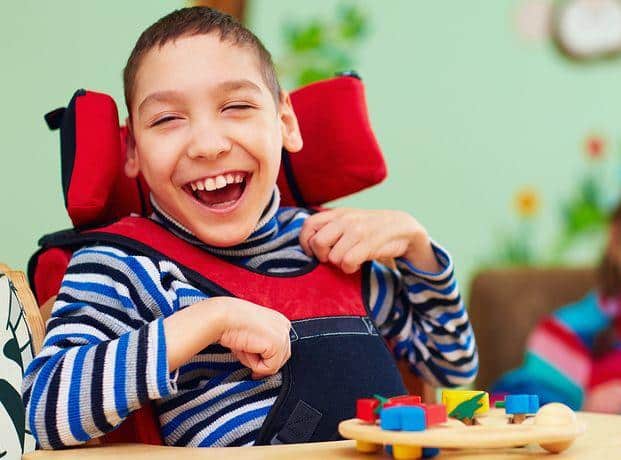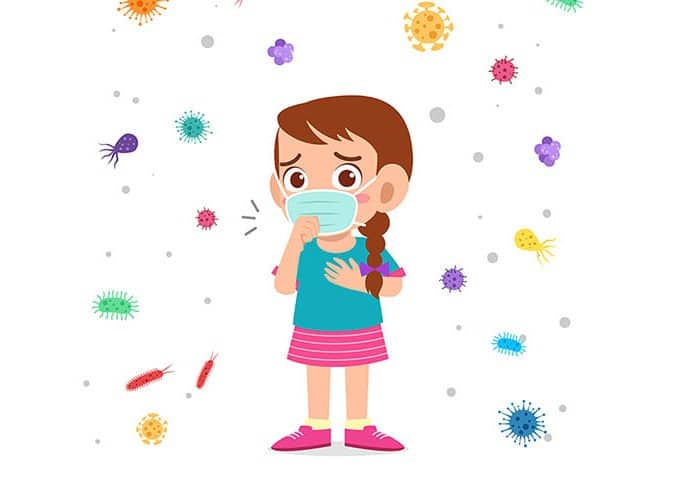We were moving quite aggressively on the path of progress and development, moving up on the ladder, seldom looked behind. To be honest, we were never concerned about what could happen or that things could change, and therefore were never ready for a crisis of this magnitude as we thought we were technologically too advanced.
The outbreak of COVID-19 has played havoc with the lives of humans. It has brought the entire world to a complete standstill and halt. Severe restrictions are in place on people’s movements. The concept of working from office has completely changed as workers are encouraged to stay and work from home. Schools and businesses are either non-operational or they manage their activities online. Physical confinement has contributed to mental lock-down as well. There is much more increase in home violence reported; perhaps, because of difficulty to mentally accept these restrictions. We are living in a constant state of Existential Fear. There is a perpetual battle going on between one’s right of free movement on one hand and existence on the other hand. No one is safe from this pandemic and people from all colors, caste and social status are equally affected. However, people from lower class strata may get affected more due to lack of facilities and awareness.
During this pandemic, we not only worry for ourselves but for all those around us, especially the elderly. The stress levels further increase when there is a child with special needs in the family. This pandemic is very unusual and it has created a serious dent both physically and psychologically. The majority of us are lucky to understand the reasons and effects of this pandemic and can make choices to protect self as much as possible. However, the special needs population is not very well equipped to deal with such pandemic given their compromised understanding and processing capabilities. They are not skilled to understand and mentally process the situation arising out of this pandemic. It has totally disturbed the daily routine we were so used to and no one was prepared for it; let alone a child with determination.
As we understand, children with determination flourish when they have routine and stability around them. They feel much secure in an orderly and organized environment. On the contrary, any change in their environment without much preparation can upset and stir their coping mechanism. This change in itself can be a source of serious psychological stress.
COVID-19, as we understand, affects the most vulnerable especially elderly and those with additional medical conditions. Children with determination usually have multiple health conditions and low immune system. This vulnerability can make them a very soft target of the virus and they can be affected easily. This population requires additional protection and maximum social distancing. And Social Distancing means social isolation, which in turn shakes the entire routine of the day involved. A sudden shift of not being able to step out of home, go to school or training. For them this change has brought unusual psychological stress especially for those who are nonverbal and very low functioning. Anger and frustration could subsequently be the main expressions.

The impact of Coronavirus on special needs children and their families can manifest in the following:
- No or limited access to therapies, that is essential for children.
- No or very limited opportunities to socialization.
- No access or limited access to special needs support due to social distancing.
- Parents struggling with their daily pressures to deal with the pandemic are overburdened with additional stress in dealing with the demands of looking after their children.
- Parents’ limited capacity to deal with challenging behaviours lead to exacerbating them.
- It may also impact on their sleep pattern because of not getting much physical activities.
- There is a chance of developing habit such as overeating and putting on weight as eating habits drastically change when one is bored.
- Families can also be a source of passing their stress to people around them making it more complicated.
- Wearing a mask themselves and to see others wearing them can be a serious challenge for most of them.
As we understand that the prevalence rate of mental health issues is comparatively high in children with Autism and other special needs than the typically growing children. Their problems can exacerbate in this unprecedented pandemic condition when everyone appears so stressed and anxious around them. Although there may be a small group of children who may not even notice this change and for them it may appear nothing different from the usual. While there may be others who could demonstrate serious emotional effects and will require support. These children may manifest their feelings in a variety of ways ranging from very subtle and internalized to highly exaggerated and externalized expressions. The internalized feelings could be in the form of anxiety, depression or withdrawal and on the other hand externalized feeling could be displayed through aggression, hyperactivity, agitation, screaming and shouting.
In order to help the child it is important to work proactively and to identify the trigger or behavioural changes (reading the signals) and to manage them with positive support at the initial stage before the behaviour escalates beyond control. This can give parents a chance to help a child channelize anxiety in a better way. There is no second opinion on the role of the parents/caregivers in providing the much desired support to a child in managing their anxiety. Children can easily pick on the cues of their parents’ emotions and they can very conveniently internalize them or be affected by it no matter what the ability level be. There is a misconception that softness or positivity may spoil the child and so parents need to be more in control through being very strict in their ways. On the contrary, the reality says: to protect our children the parents/caretakers need to be more positive and creative to keep them calm and relaxed as much as possible in this unusual time.
Some of the following strategies may help in supporting children with determination in managing their stress:
- It is important to acknowledge the feelings of the child when they are stressed and anxious.
- Positively support them and make them understand that it is okay, to get anxious.
- Avoid criticism and negating their feelings.
- Be very positive and let them talk to you if they can.
- Try to keep their daily routine well maintained with no big surprises.
- If there is any change in their routine, prepare the child in advance for the upcoming change in routine.
- Provide them with emotional support when it is needed.
- Nonverbal children should be supported to express their feelings using pictures/drawings.
- Don’t panic in front of your child when you are feeling anxious.
- Teach them mindful exercises, like breathing exercise, counting numbers, etc.
- Engage them in fun activities on a daily basis.
- Engage them in physical activities.
Making adjustments and adapting to these changes can take a huge toll on one’s emotional health. The schools are closed and teaching is being carried out through e-learning. This form of learning has brought further challenges not only for the teacher but also for the families. A teacher has to discover new ways and means to adopt teaching methods so as to facilitate children with special needs learning. Notwithstanding the good efforts and intention of the teacher, the success could only be achieved through the support of the family members who have to dedicate their time and energy to sit with the child during this particular time. However, this cannot be possible if the family does not work as a team and they rely only on one person, either mother/father/nanny. The family needs to put all their resources together and take turns; otherwise, if it relies on only one person he/she will soon have a burn out.
The following strategies can be used to make such crises’ periods somewhat easy for everyone:
- Use a visual schedule of the daily routine religiously.
- Special needs children are quite prone to distraction; therefore, e-learning must be done in a very quiet place with no distraction.
- A responsible adult needs to sit with the child during this time of learning to support him/her in following the instructions.
- Families should continue to maintain their contact with the therapists involved at least once a week; If not physically then at least through telemedicine. Otherwise, there is a chance of regression in skills.
- As the restrictions are eased it is important to engage children in physical activities such as at least going for a walk.
As is true for every individual to have their uniqueness, children with special needs also do not fit under a single criterion, and therefore, they may have needs on a continuum and hence need multiple and varied strategies. It is also important to differentiate our strategies for children with low functioning to high functioning. High functioning children can at times be more demanding as they may have high intelligence but their ability to grasp the physical changes in their environment and to adapt psychologically can be very taxing for them.
There is a greater need to understand the needs of children with determination especially under this crisis situation. We understand that no one was prepared for this crisis. But there is greater opportunity to learn and be prepared for next time. Last but not least, there is a challenge for the present scientific world to deal with this pandemic effectively.
I am sure we will find ways as I have full trust in our scientific community and the day is not far when we shall succeed. Along with this, we also need to be more compassionate and caring about others and if possible we should extend our help in case someone needs it.

